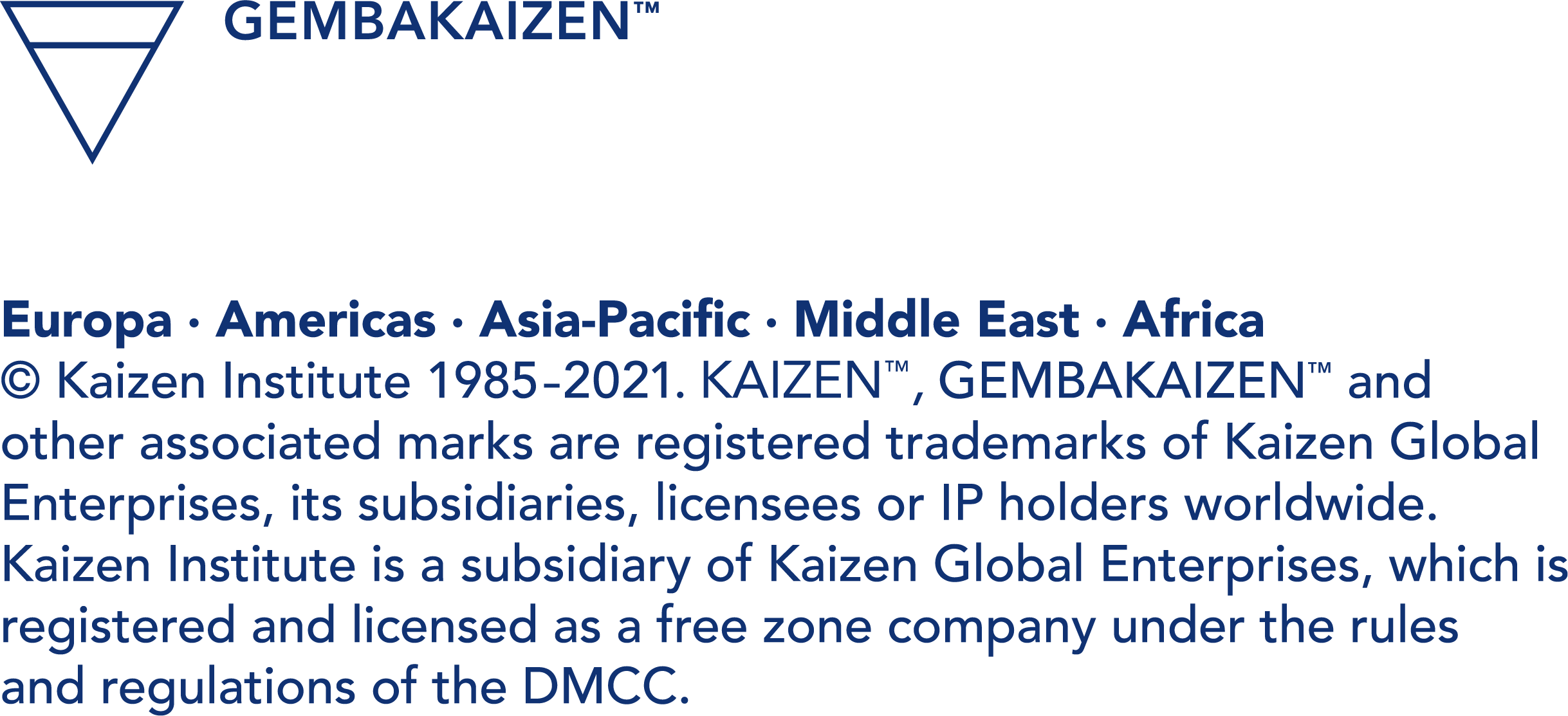The All Blacks became the first rugby team to win back-to-back Rugby World Cup titles. Since that final whistle blew at Twickenham in London on 1 November 2015 we have been celebrating here in New Zealand.
The “Men in Black” have subdued the Australians to 34-17 in an awe inspiring game. They are now regarded as the most successful team in rugby history and as a proud New Zealander, this gives a deep sense of satisfaction. Some of the best players in the history of rugby union played in this team: Dan Carter, Ma’a Nonu, Conrad Smith, and not to mention the most capped test rugby player and test captain, Richie McCaw.
On the eve of the Rugby World Cup final I read an interesting article by Gregor Paul in the New Zealand Herald on Sunday on what it would take for the All Blacks to win the William Webb Ellis trophy for a third time (another record). This renowned sport journalist and rugby knowledge bank listed a few key aspects and I want to explore one: staying process focused.
“The All Blacks talk of staying in the moment and never being drawn into thinking about the outcome. That gets harder to do in a final - the stakes are so high, the occasion so big that it takes incredible mental strength to not panic.
Staying task focused has been a trait this All Black side has managed to do, without fail, since the last World Cup.”
To achieve excellent results in an organisation requires a disciplined focus on the processes and not only chasing well defined business objectives. (Some organisations either do not have their strategy clearly defined or have not communicated it transparently throughout the organisation.)
For the All Blacks to have achieved at this highest level required commitment, top nutrition, physical development, skills refinement, leadership, a strong team spirit, (and the list goes on…) However, even more important is to not be drawn into achieving the outcomes. The attention should be on the process of achieving the results. Dan Carter, regarded as the best first-five (fly-half) ever, sums up this philosophy directly after their achievement:
"I've been fighting those thoughts all week - those thoughts about the outcome and whether we were going to win or whether we were going to lose ...
"I just kept pulling myself back to process and concentrate on the task at hand for the 80 minutes. But once that final whistle went - it was a great opportunity to release the emotions. I'm just so proud."
Setting ambitious goals without a deep understanding of process at the gemba and a disciplined approach to improve it (kaizen), will most probably result in failure. The possibility to excel is highly increased when the focus is on following a clearly defined standard process and continuously improving it instead of watching the scoreboard.


.JPG)









